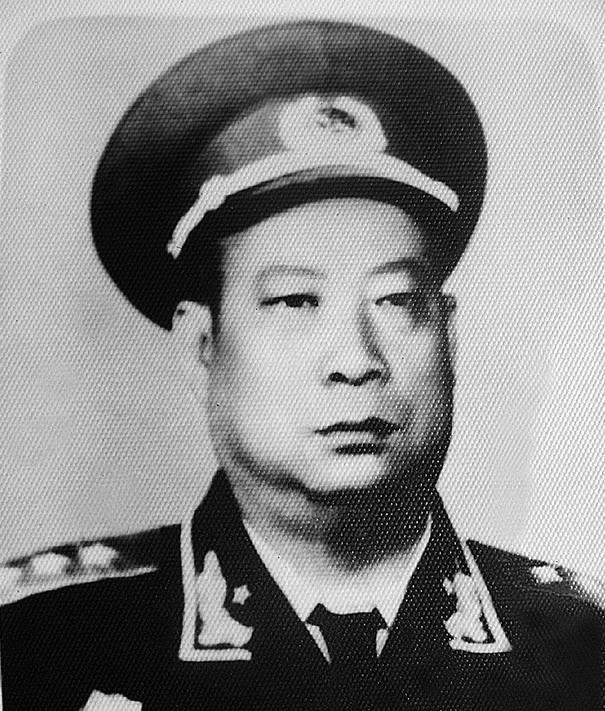Who were the three commanders of the former "First Army Under the Heavens"? What rank?
The First Corps of the Chinese People's Liberation Army, known as the "First Corps of the World", was established in June 1949 and was subordinate to the First Field Army, with Wang Zhen as the commander of the corps and political commissar. After its establishment, the First Corps participated in the Battle of Fuguo, the Pursuit of Longdong, the Battle of Longqing, the Battle of Lanzhou, and the march into Xinjiang. In May 1950, the first corps was abolished. At the beginning of its establishment, the First Corps was under the jurisdiction of the First, Second and Seventh Armies. So who are the commanders of these three armies? What rank was later awarded? Let's look down:

He Bingyan, commander of the First Army. He Bingyan was born in 1913, a native of Songzi, Hubei Province. During the Long March, He Bingyan served as the commander of the Red Fifth Division, lost his right arm in a battle, and became a "one-armed general". During the Liberation War, He Bingyan successively served as deputy commander of the Northern Jinbei Field Army, commander of the First Column of the Northwest Field Army, and commander of the First Army of the First Field Army. He led the troops to participate in the battles of Qinghua, Yangmahe, Panlong, Yulin, Shajiadian, Fork, Yanqing, Yichuan, Libei, and Qinghai. In 1955, He Bingyan was awarded the rank of general. In the revolutionary war, He Bingyan was wounded 11 times, leaving 16 scars on his body and suffering from various diseases, but he continued to work with illness after liberation. On July 1, 1960, He Bingyan died of an unfortunate illness at the age of 47, he was the first founding general to die, and he was also the shortest-lived founding general.
Commander of the Second Army, Guo Peng. Guo Peng was born in 1906 in Liling, Hunan. During the War of Resistance Against Japanese Aggression, Guo Peng served as chief of staff and deputy brigade commander of the 359th Brigade of the 120th Division of the Eighth Route Army, and participated in the reconquest of the Seven Cities in Northwest Jin and the Battle of the Hundred Regiments. At the beginning of the Liberation War, Guo Peng served as the brigade commander of the 359th Brigade of the Central Plains Military Region and led his troops to participate in the breakthrough in the Central Plains to reach the Shaanxi-Gansu-Ningxia Border Region. After that, Guo Peng successively served as the commander of the 59th Brigade of the Second Column of the Jinsui Field Army, the deputy commander of the Second Column of the Northwest Field Army, and the commander of the Second Army of the First Field Army. In 1955, Guo Peng was awarded the rank of lieutenant general. On July 16, 1977, Guo Peng died at the age of 71.
Commander of the Third Army, Peng Shaohui. Peng Shaohui was born in 1906 in Xiangtan, Hunan. Peng Shaohui participated in the Pingjiang Uprising. During the fourth anti-"encirclement and suppression" operation in the Central Soviet Region, Peng Shaohui was shot twice in the left arm, and the arm bone was broken, and finally he had to amputate his left arm, becoming the first "one-armed general" in the history of our army. During the War of Resistance Against Japanese Aggression, Peng Shaohui served as the commander of the Independent Second Brigade of the 120th Division of the Eighth Route Army, and led his troops to participate in the summer anti-"sweep" and the Hundred Regiments War in the Jinsui base area. During the Liberation War, Peng Shaohui successively served as deputy commander of the Second Column of the Jinsui Field Army, commander of the Lüliang Military Region, commander of the Seventh Column of the Northwest Field Army, and commander of the Seventh Army of the First Field Army. In 1955, Peng Shaohui was awarded the rank of general. On April 25, 1978, Peng Shaohui died of illness at the age of 72.